Blog 3 - Foundations of palliative care
And Breathe.. The first two blogs were quite intense.
Let's lighten the mood a bit and talk about palliative care
Are you serious Tony? Isn't it a bit depressing and all about dying.
Well it's not. However, that wasn't what I believed as I took my first step onto a ward as a junior doctor. My experience of palliative care in University consisted of 2 half days in a hospice. The first afternoon consisted of lectures on how to manage pain, nausea and breathlessness. The second morning was a rotation around group stations covering how to have difficult conversations, how to approach discussion around Do Not attempt CPR (DNACPR) and spiritual aspects of care. I left those hospices still feeling that I didn't know what went on behind the closed doors. Yes, everyone was nice and the environment was serene but I didn't see any patients. I was still a bit concerned about the concept of people dying. The specialty remained on the periphery for me- something that a small select group of people with a gentle disposition chose to do.
Things have moved on it seems, in a good way. I have had the pleasure of organising face to face ward teaching for students from the University of Glasgow. Bedside teaching breaks down the mystique of the hospice setting and gives medical students a chance to interact with patients who may be in the last days of their lives. The feedback on these sessions is always excellent from patients and students. It's still only a day or two out of 2 years but this is underpinned by lectures and increasing exposure to palliative care in the hospital setting. I like the idea that hospices shouldn't be the only sites carrying out bedside palliative care teaching, after all the majority of people die in hospital or at home. The facilities available and challenges around delivering palliative care differ across these settings and a broad understanding of what is available to patients in each can help inform choices regarding care. The university also offers a Masters degree in Palliative medicine and postgraduate qualifications in End of life studies. The Wolfson building pictures below was built in 2002 and I had many of my teaching sessions in its shiny new interior.
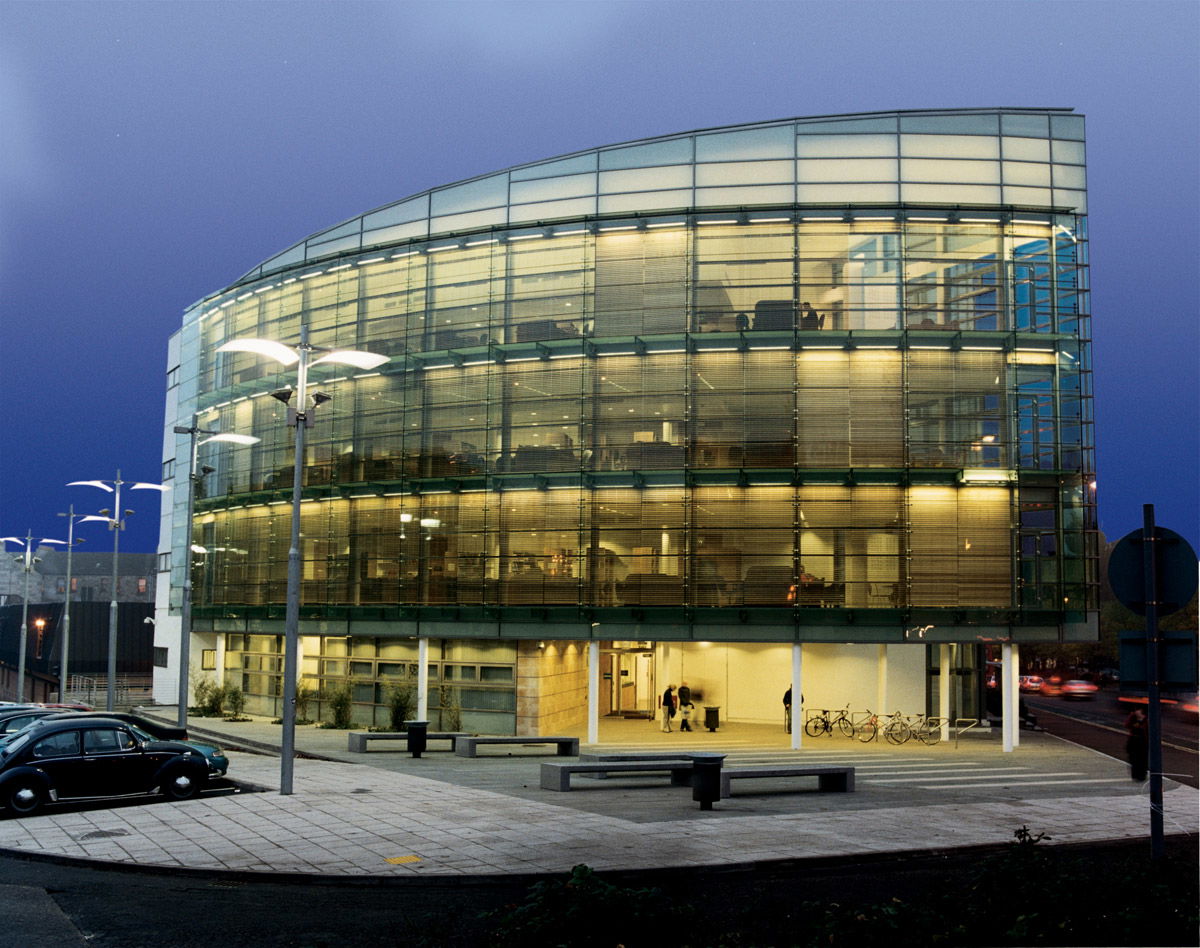
One important thing I realised when I started working was that I had learned lots of other aspects of palliative care but had been unable to recognise them beyond their parent specialties. The management of incurable, disabling illnesses such as chronic heart failure and chronic obstructive airways disease are permeated with palliative approaches. The penny finally dropped as a foundation officer working in the Southern general hospital in Govan. (pictured below). The hospital is now the Queen Elizabeth University Hospital but the clock tower still stands as it is an A-listed building.
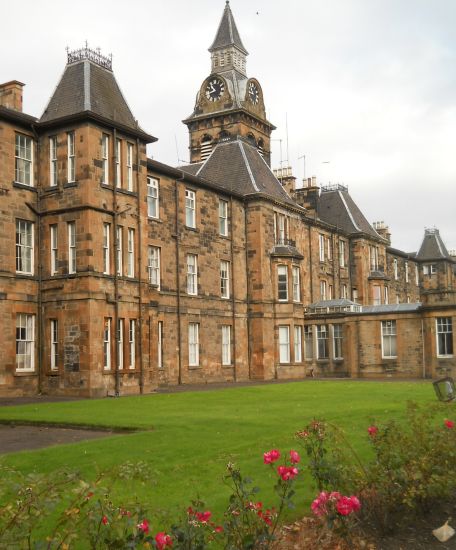
I had the privilege of walking the same wards that my mum had worked in for many years. She had helped train many of the senior nurses who were now my colleagues, I always got access to the good biscuits due to this.
The ward on the second floor at the far end of picture above was ward 23. This was the respiratory ward and my base for 5 months of training. It was here that I learned about the realities and limitations of medicine. In the first few weeks of my post I spent a lot of time filling out death certificates, speaking to the procurator fiscal and completing cremation forms. I was quite shocked, after all people who come into hospital are meant to get better, no? I wondered what I had missed with the patients I was looking after last week who were now no longer alive. What about all that stuff I learned at medical school? All those treatments, fancy tests and physiological pathways that are meant to sort everything out. Something wasn't matching up.
Then there was this group of patients that just kept coming back into hospital. Come on folks what's going on here? Can't we sort their breathing out this time round, what about that new drug I read about in the British Medical Jounal? Steroids are good are they not? What do you mean they are approaching end of life - he just told me about the new house he bought last month after retiring.
Right, I'm milking it slightly here but you get the point I'm sure. We can't fix everyone no matter how much we want to. I'll never forget the time I had commenced someone on intravenous fluids and antibiotics in the evening to see them all stopped on the morning ward round and replaced with morphine injections. I was flabbergasted. The patient died very peacefully later that day in a side-room with their family by the bedside. Fixated on the decision to stop the "treatment" I failed to see the bigger picture. Inexperience or a systemic problem in medicine?
Remember I mentioned that certain people have been put in my path over my life so far? Well enter Dr Val Oates consultant in palliative medicine. Dr Oates could see my incredulity at what was happening. Without being intrusive or patronising she asked me to see patients with her -"you will know them better than anyone Tony, let's go see them together."
By the way this is FY1 Tony below. Often greeted with the phrase " aren't you a bit young to be a doctor"- as the oldest of my cohort I took that as a complement.
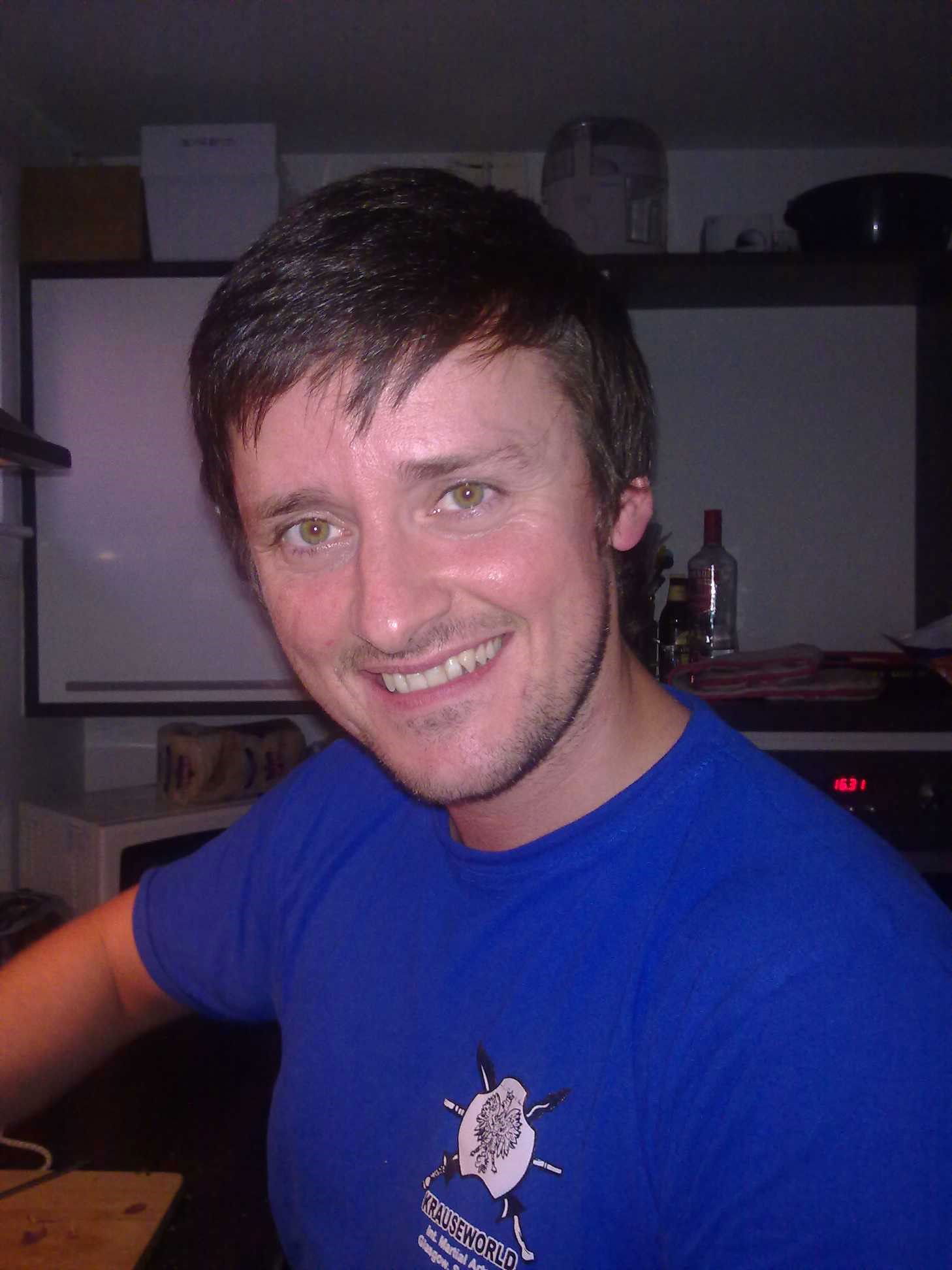
So Dr Oates was a virtuoso at talking with patients. Gentle yet strong. Honest yet subtle. Able to beautifully phrase the most complex ideas in the simplest imagery. Then there was the silence.......Oh those silences, how uncomfortable I felt during those silent moments. How can she just sit looking at someone while they say nothing? There was one time it went on for over two minutes!!!! Then suddenly the patient told us something so unpredictable that I nearly gasped. They were ready to die and didn't want any more blood tests and treatment. They didn't have anymore and went home to die with their family the following day after a meeting to support everyone involved.
I also learned about symptom control from Dr Oates and the wonderful palliative CNS Alison (who I got to work with many years later). Ok so I couldn't fix everyone but I liked the idea of still being useful. I still didn't grasp the nuances of treatment decisions around end of life care but I was your man when it came to receptors, side-effects and pharmacology. If I'm being honest it was this aspect of palliative care that scooped me up first. I never thought for a minute I would ever be able to reach the Jedi master level of Dr Oates' communications skills and clinical judgement.
"Tony, morphine can help with breathlessness" What? really? Sure enough small doses of morphine (usually up to 20mg/day) can have dramatic effects on the sensation of breathlessness. I learned to prescribe this in a way that patients could request a dose if they were struggling. It was already for them when they needed it- a style of prescribing called anticipatory prescribing. I didn't like the idea of anyone suffering and having to wait for a doctor to attend in the middle of the night to write something up. I learned how to prescribe other medications for nausea, agitation, colicky pain and anxiety in a similar way. I learned when to prescribe these also. I found out that it was better to have them available and not used rather than need them and for them not to be there.
So the seeds were sown. I was impressed and started to phone my palliative care colleagues more and more for advice. Then the next revelation hit, I had started using a lot of these skills to manage patients who weren't dying. I found myself asking people "so what matters to you today?" I was no longer ordering blood tests in a scatter gun fashion, subjecting anyone to a blood test with no chance of changing the clinical outcome is pointless. I began to recognise signs that someone could be approaching the end of their life. I started involving patients more and more in decision making about their treatment. This became something I did not only in the heat of the moment, but I also began to pre-empt that someone may become less well and tried to get their opinions in advance. I didn't realise at the time that I was undertaking Advance care planning- a process that is often closely associated with palliative care.
I followed a medical based training program up to the level of registrar at the Royal Alexandra hospital in Paisley. I frequently worked in high dependency (HDU) and in the resuscitation bay in Accident and Emergency. These areas look after some of the most acutely unwell patients in the hospital. There can be a focus on investigations and fairly invasive treatments including placing drains, blood lines and various ways of supporting people's breathing. A new concept dawned on me during this time. As much as I loved the adrenaline, procedures and detective work... a lot of the patients never recovered to their previous health or died. Many of them died quite suddenly with little preparation for them or their loved ones. (The RAH, Paisley 2010)
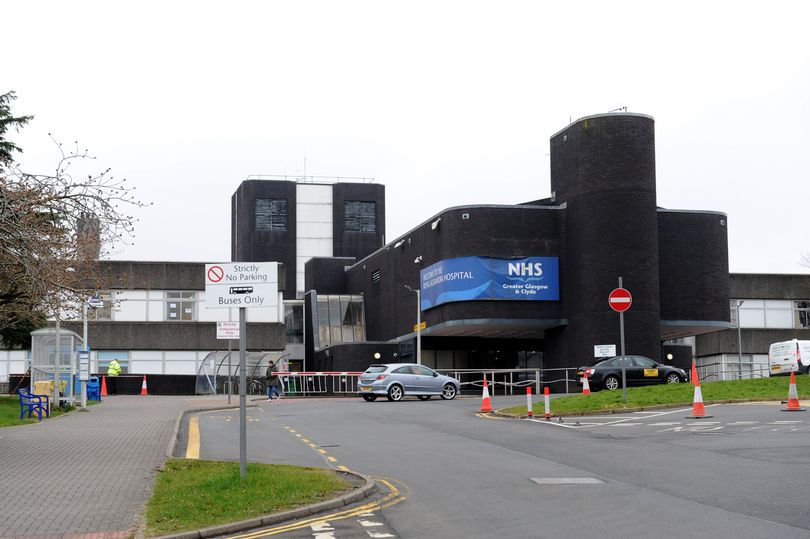
Then I met Dr David Gray in HDU one day. Hold on a minute fella, you're a palliative care consultant what are you doing in here? My concept of fixing people had been renewed due to the fancy treatments available in HDU. As it turns out he was there to help transition someone from higher level medical care that wasn't working towards a gentle and peaceful death in a quieter ward. The patient was involved in every discussion and their wishes were paramount. There were several family meetings and then all of a sudden a priest appeared. Well that's all moving a bit quickly I thought, again my inexperience showing.
The patient and their partner were married that evening. They had a will drawn up and made some phone calls with relatives overseas. The higher level treatment was slowly stepped down and crossed over with an increase in medications to help relieve pain and breathlessness. I don't ever proclaim to know what is meant by a "good death" I could probably tell you what I think is not "good" with more ease. I did know however that I had witnessed something special, could there be such a thing as "acute palliative care?"
So it is about dying then Tony? Oh god no. It is about living. Someone once said to me "they may be dying but they are not dead". Dying is a diagnosis or label that we can only give in retrospect. There are important roles of palliative care at the time of death and afterwards but for the patient the focus lies when they are still alive. What leads up to the final moment is so vital. Relief of distress physical, psychological and spiritual needs to run alongside still living life. Maximising someone's potential as their bodies fatigue or their spirits flag. Helping them prepare with their loved ones to help soothe the loss may reduce the need for bereavement support in due course.
What is end of life anyway? A week, a month, a year...many meetings have run over time discussing this (I have witnessed this in person).
Dame Cicely Saunders who was the key founder of the hospice movement (below) gave us a perfect quote to reflect on:
"You matter because you are you, and you matter to the end of your life. We will do all we can not only to help you die peacefully, but also to live until you die."
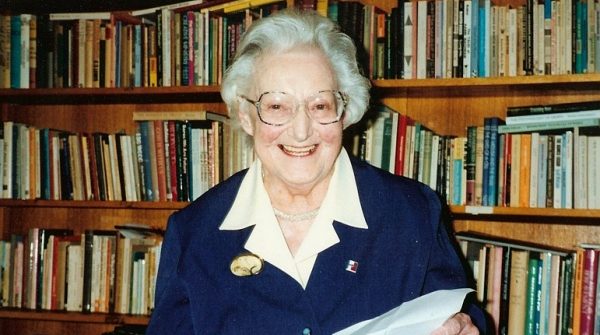
I left my training job (fairly secure post to consultant level) and became a specialty doctor in palliative care about 9 months later. Surrendering a training job isn't common practice, they are hard enough to get in the first place. I just knew I wanted to be Val and David, I wanted to make a difference to every patient I met beyond the physical. I had realised that everyone dies, it is part of life, part of medicine and there is an enormous need out there to help people through this inevitable part of their lives. I had realised that medicine cures very few conditions (I still argue it is surgeons who cure most people), medicine can make people less well and managing symptoms can be more important that seeking cure if it costs quality of life.
I'll end this blog with one last Dame Saunders quote.
" How people die remains in the memory of those who live on"
The next group of blogs will hopefully give you more insight into the work palliative care teams do in the hospice and community setting.